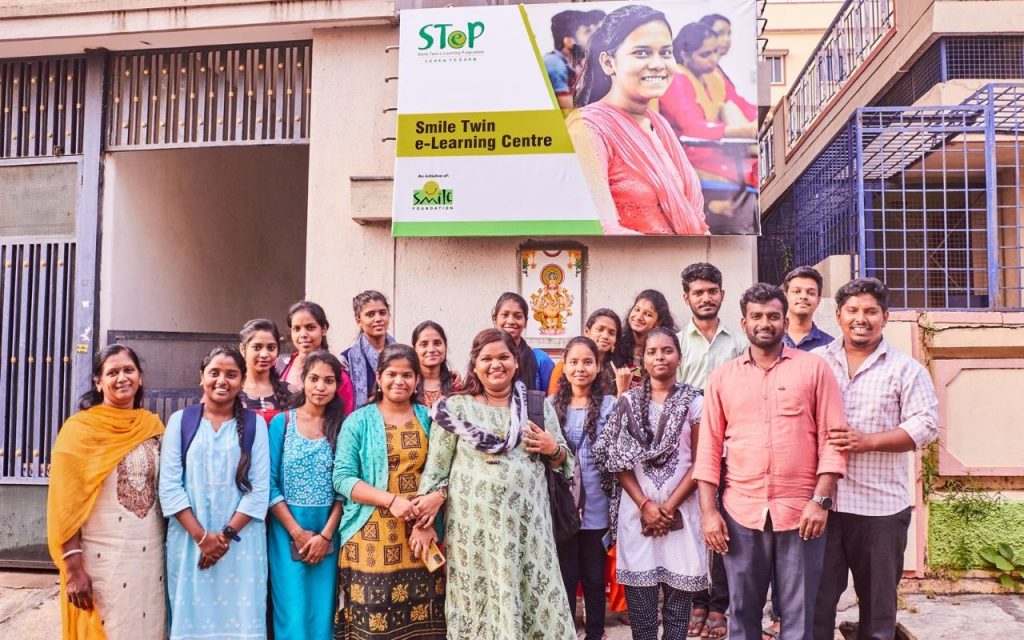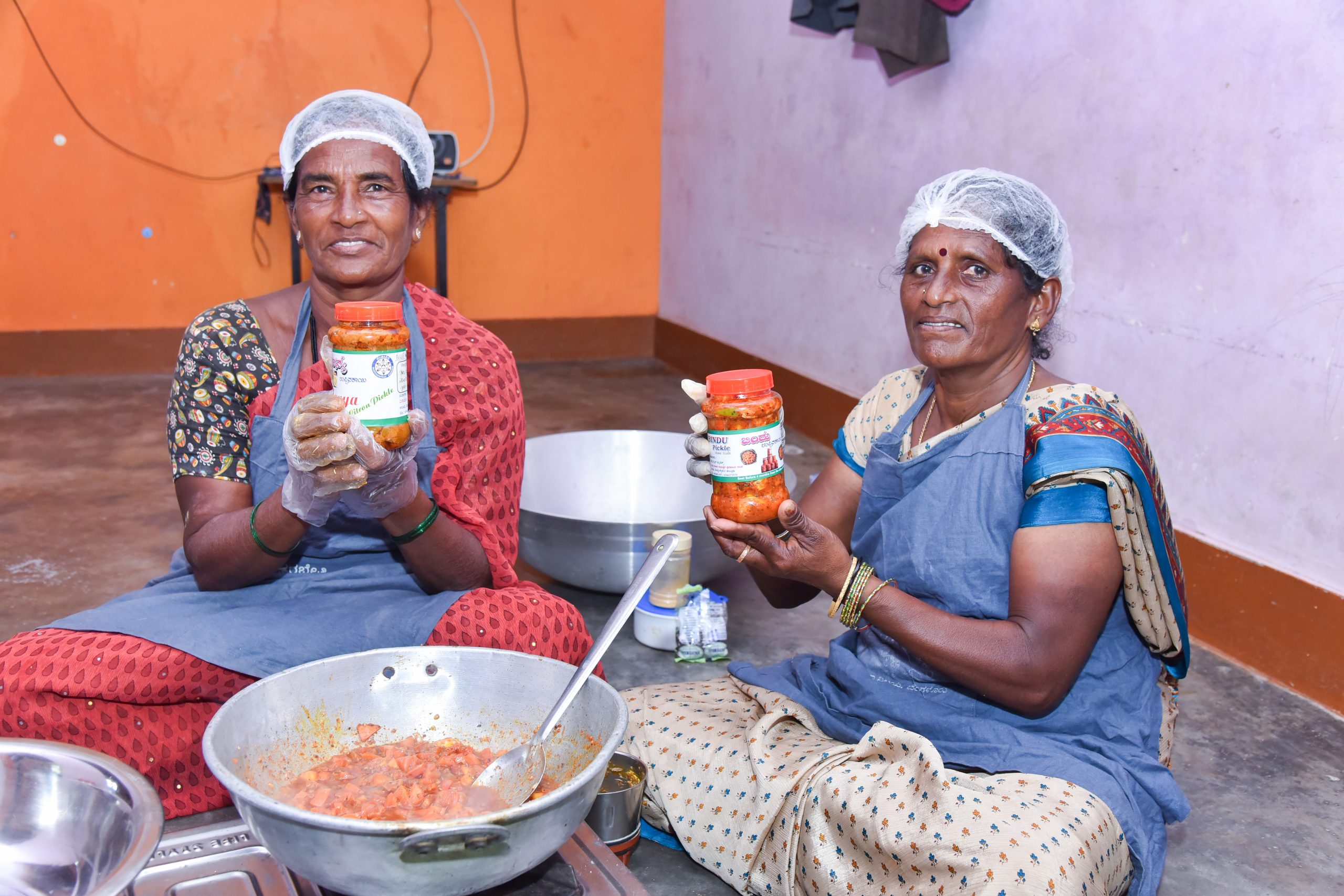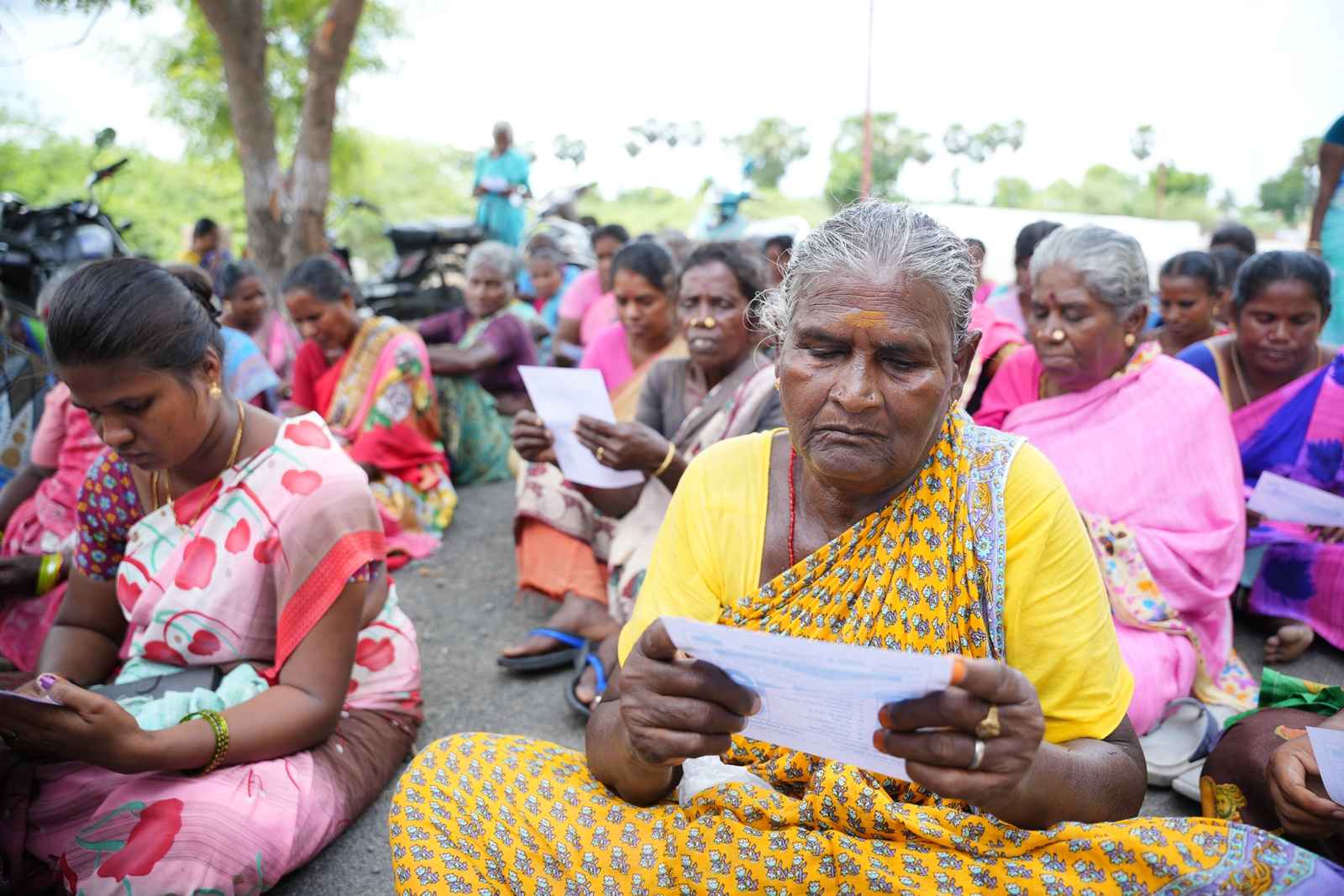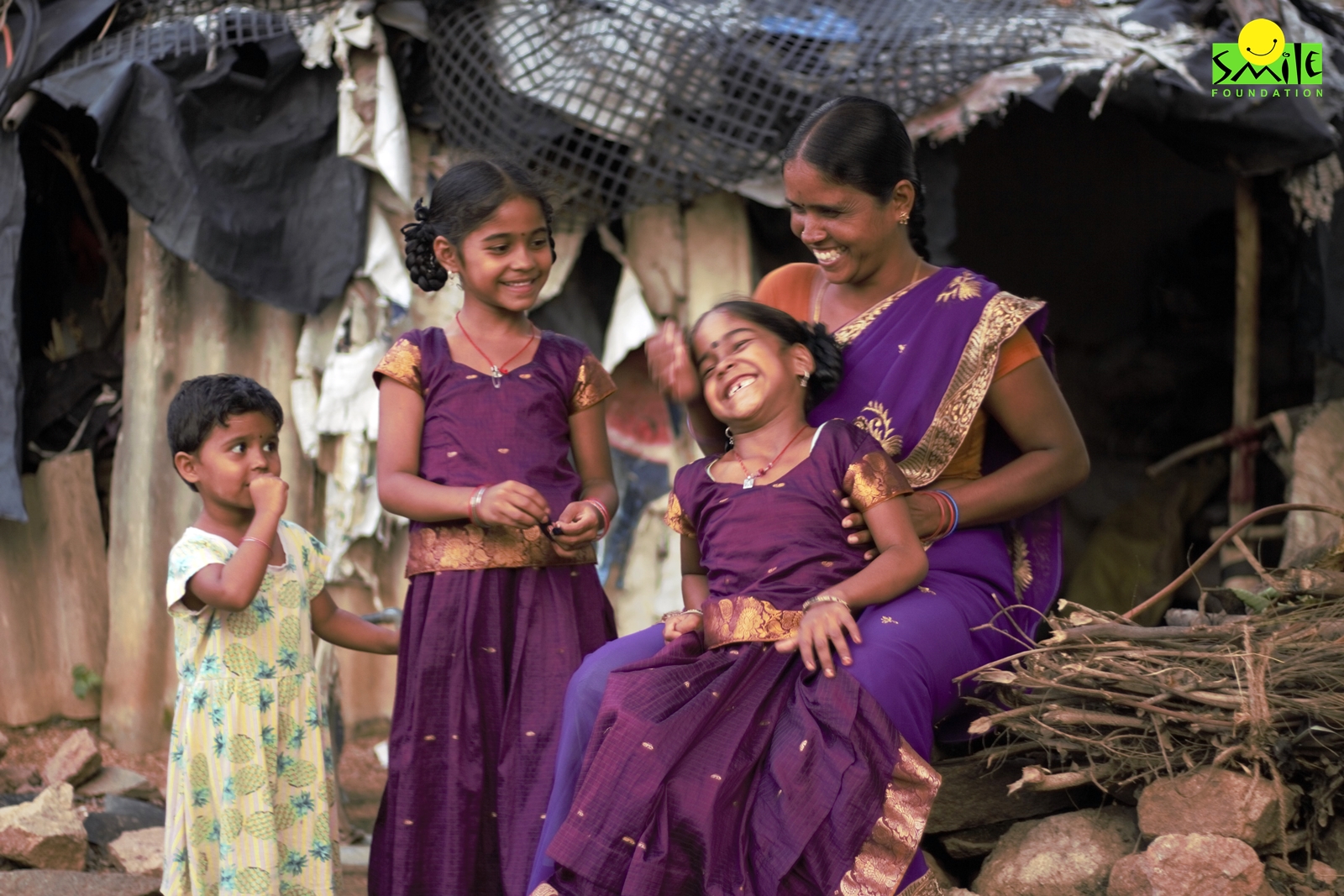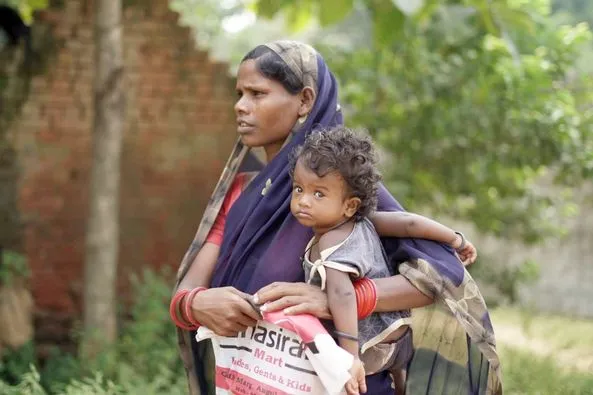Corporate Social Responsibility or CSR, has gained significant traction in the business world in recent times. Essentially, CSR applies to organisations’ voluntary initiatives and measures to address social, environmental and ethical concerns in their operations and dealings with stakeholders. It denotes a business’s commitment to furthering both its financial objectives and its beneficial social impact. CSR includes a wide range of activities, including community development, ethical governance, philanthropy, environmental sustainability, employee welfare and support for social causes like healthcare, education and disaster relief.
Organisations use CSR as a strategic tool to get positive feedback from their stakeholders, which includes young people. This explains why the majority of businesses are shifting the focus of their CSR initiatives to youth empowerment. The majority of businesses are realising that young people play a critical role in maintaining social harmony and economic prosperity. Giving these young people more influence will essentially encourage them to participate actively in business cycles.
CSR projects hold the transformative power to effect substantial societal change. In contrast to conventional company endeavours that put profit first, CSR efforts are based on the values of giving back and fostering equity in society. For example, a company would sponsor a national scholarship programme to guarantee the country’s youth’s access to high-quality education and a better future.
CSR as a way of educating youth and fostering collaborations
In India, education is a potent driver for individual growth, societal progression and youth empowerment—particularly in rural areas where access to high-quality education is still difficult. India is ranked 32nd in the world in the education index by a poll from 2021, which highlights the urgent need for programmes that close this gap. Programmes for CSR have the potential to significantly impact education and lead students in these underprivileged areas toward a better future.
CSR collaboratives can positively impact learning, education and the holistic development of India’s youth. Technology can be introduced to rural classrooms through collaborative CSR activities with a focus on digital transformation. These initiatives can make computers and laptops accessible, enhance internet connectivity and raise the standard of instruction. Better attendance rates are the outcome of this digital transformation, which also improves student learning, encourages digital literacy and piques students’ enthusiasm for learning.
Today, half the world’s population is youth and it has been deemed historical. It is critical that CSR efforts adapt and accept new ideas as we navigate a world that is changing quickly. One such strategy is the need to trust and give young Indian entrepreneurs running not-for-profit organisations a chance. By doing this, we can enable these passion-driven people to carry out worthwhile programs comparable to those of reputable non-profits.
Several companies focus on fostering entrepreneurship among youth through incubation programs, funding, and mentorship. These initiatives encourage young people to start businesses and contribute to economic growth as they possess immense potential, fresh perspectives and boundless energy.
How CSR initiatives can focus on youth empowerment
India has been actively promoting CSR initiatives focused on youth development. These initiatives are designed to empower young people through various programmes for education, skill development, health and entrepreneurship.
For instance, many companies invest in skill development programmes to equip youth with practical skills that enhance employability. Initiatives often focus on sectors like technology, hospitality and manufacturing. Organisations partner with NGOs to offer soft skills, technical skills and entrepreneurship training.
Furthermore, businesses who demonstrate their commitment to CSR by hiring local youngsters may encourage young people to follow suit, fostering a more tranquil and favourable business environment that will support the growth of their enterprise.
Several CSR health initiatives also target youth by promoting physical and mental well-being. These programs may include awareness campaigns on mental health, nutrition and hygiene, as well as providing access to healthcare services in rural areas.
Youth engagement in sustainability is also a focus. CSR programmes may involve youth in environmental conservation activities, climate change awareness campaigns and sustainable practices training.
Lastly, CSR initiatives also play a key role in often encouraging youth to participate in community service and leadership programs, helping them develop skills such as teamwork, communication and social responsibility.
Smile Foundation’s CSR collaborations for youth through SteP
Since 2001, Smile Foundation has focused on uplifting underserved communities in India through education, healthcare, women’s empowerment and skill development and CSR collaborations for youth has been one of its key focus areas. The non-profit’s Smile Twin e-Learning Programme (STeP), through several CSR collaborations, aims to provide underprivileged adolescents with career prospects by offering programmes that focus on skill development and job readiness.
With over 90,000 youth trained and 56,000 placed in over 400 reputable companies—mostly women—Smile Foundation aims to expand its impact through CSR partnerships. With India’s young demographic eager to contribute, these collaborations can further enhance the nation’s economic potential.



